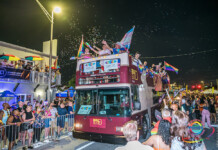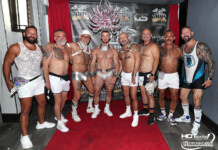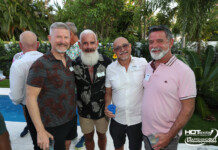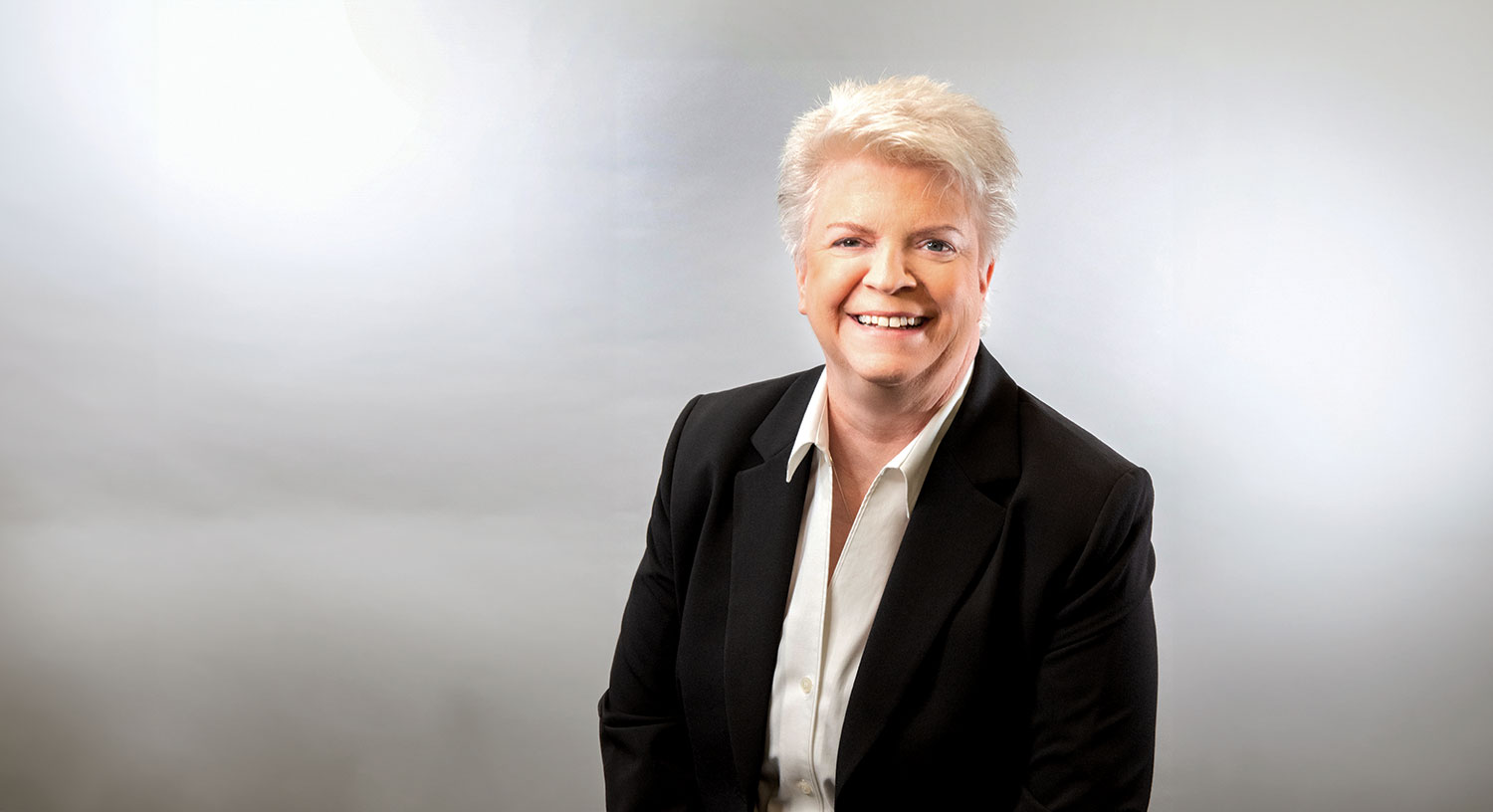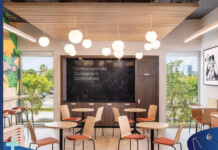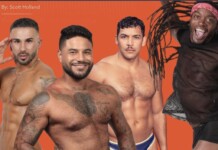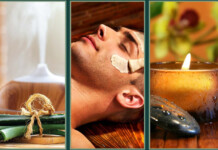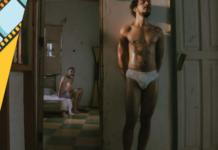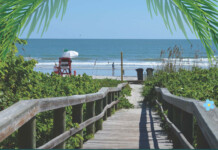“Compared broadly to the rest of the world, the U.S. is ahead of the curve, but anti-LGBTQ legislation is on the rise here, a sign that some are trying to claw back equality.”
Born and raised in the Washington, D.C. area, Denise Spivak, current CEO of CenterLink, has spent over 30 years working in the LGBTQ arena. She was President of Broward Women in Network for many years, working alongside the amazing tri-county women’s’ community to provide resources and programming for South Florida. In 2011 Denise joined Centerlink, the Association of LGBTQ Community Centers which strengthens, supports, and connects centers – helping them to improve their organizational and service delivery capacity and increase access to public resources in support of their programs.
Tell us about your journey to become involved in the LGBT non-profit sector? What inspired you to take on a leadership role, perhaps any female LGBT icons?
I was loosely involved in nonprofit work in the LGBTQ sector since I was in college – volunteering for Prides, The 1993 March on Washington for Lesbian, Gay and Bi Equal Rights and Liberation, the AIDS Memorial Quilt display on the National Mall, Sophies Parlor (women’s music radio collective), SunServe, Women in Network, The Pride Center, the LBT Health Directory. In 2011, I decided to take that volunteer focus and make it my professional focus, too. So, following years of work in the private sector across several fields. I have held leadership roles in other positions in my career, so the concept wasn’t new for me. In this case, I would say there were several female role models on my board of directors who inspired me and are still great models and coaches to me.
How did the opportunity to be part of CenterLink come about for you?
It came through a friend. She knew that the CEO at the time was looking for a part-time person and, as I was doing contract work at the time, she suggested I apply for this since it would be consistent work, and the CEO was a great guy. So, of course, I didn’t apply. A few weeks later, she circled back around with me, told me I was an idiot if I didn’t apply, and this time I did apply. And it turned out that the CEO was at that point looking to fill a full-time Membership Director position. He and I hit it off, the position really appealed to me, and built on the skills that I had developed throughout my career, and he hired me! So, it really found me – and patiently waited for me.
What are some of the biggest challenges you’ve faced in your leadership role, and how have you overcome them?
COVID was a big challenge, and it happened right about when I was taking over the CEO role! I really had to work closely with my team to figure out how CenterLink had to pivot to best support our network of LGBTQ centers. More recently, of course, a big challenge that we are facing has been the deluge of anti-LGBTQ bills on both the state and national level in recent years. We continue to work with our centers and national organizational partners to raise awareness about the potential harm of these bills, and to provide our members with resources and connections to assist them in fighting the harmful fallout from the legislation and all that comes with it.
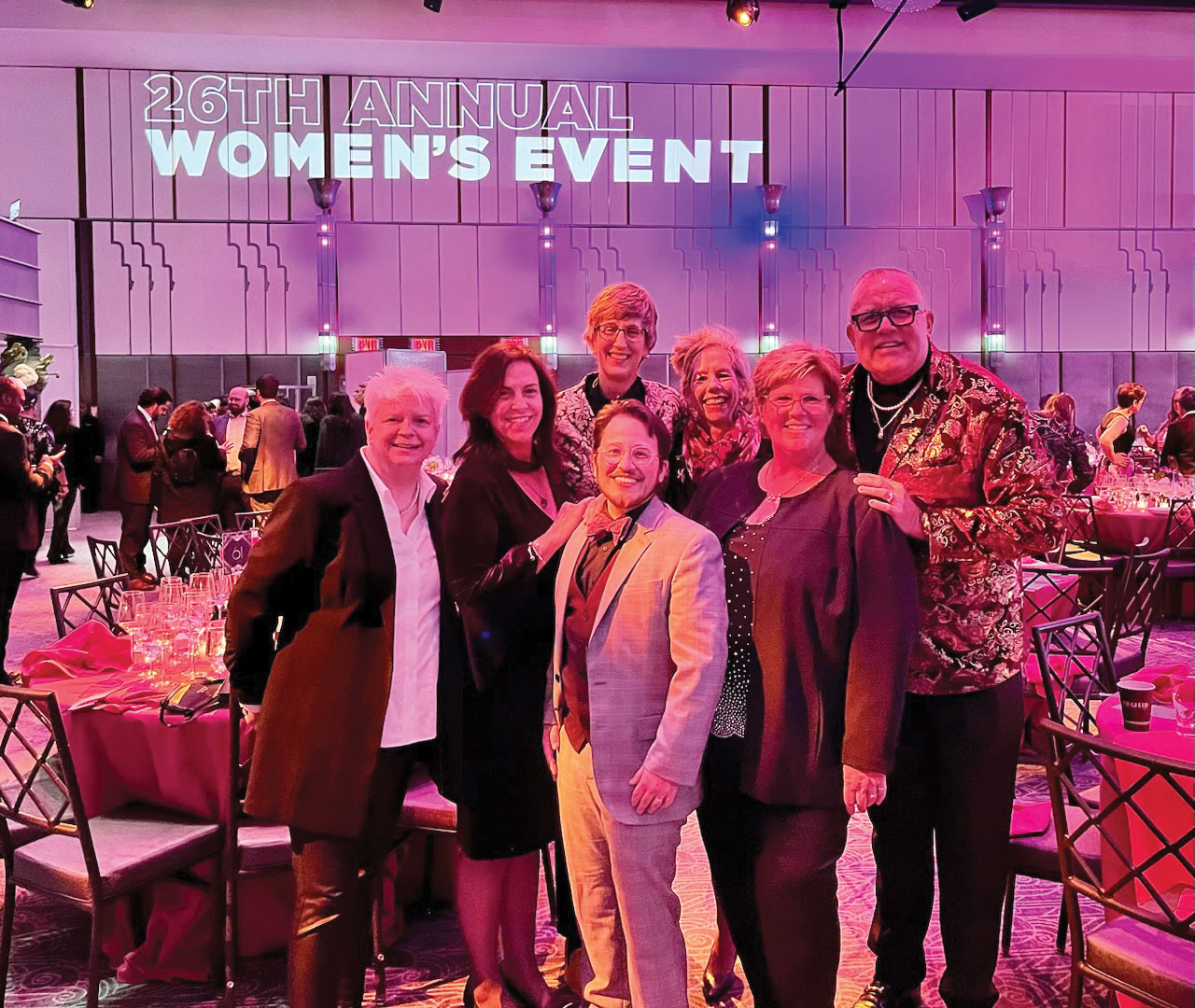 Since CenterLink is connected to national and international LGBTQ Centers, where does our national community stand vs international when it comes to LGBTQ rights and equality?
Since CenterLink is connected to national and international LGBTQ Centers, where does our national community stand vs international when it comes to LGBTQ rights and equality?
I think it depends on what countries we’re talking about. Here in the U.S., we do have some LGBTQ federal protections, but there is also a lot of variation from state to state. Internationally, we have member centers in Canada and Australia, countries which also have LGBTQ federal protections. We also have members in Uganda, where last year the president signed a bill into law criminalizing same-sex conduct, including potentially the death penalty. Compared broadly to the rest of the world, the U.S. is ahead of the curve, but anti-LGBTQ legislation is on the rise here, a sign that some are trying to claw back equality.
You have been an active member of our community for years. Do you think women’s needs within the LGBTQ community have changed in any way?
I certainly can’t speak for all women… It’s difficult for me to say broadly whether women’s needs have changed. If you look at the fact that in the 1980s, there were roughly 200 Lesbian bars in the United States, and today there are fewer than 25, you could say that needs, or places to address those needs, have changed. Locally I would say there appear to be many more options for connection presently than there were, say, twenty years ago. Meet-up groups, social events, places to gather, etc., and that’s most likely true for many cities across the country.
If you look at the LGBTQ+ Women’s Survey that was released last year, you see that universal healthcare, environment/climate justice, and reproductive rights, access, and care are the issues that rise to the top for women. For some that may be a change, for others, those may be the same concerns that they have had for decades.
Probably the greatest change, I would say, that I’ve observed, is that the challenges that women who identify as transgender face both within and outside of our communities has become a greater focus. From proposed and passed anti-trans legislation, to discrimination, to harassment and violence – the past few years have been incredibly challenging.
What advice would you give to other women who aspire to take on leadership roles within LGBT non-profit organizations?
I would advise them to fully understand that ‘nonprofit’ is a tax designation, and the focus really needs to be around purpose and impact. Running a nonprofit is running a business – you must understand the business and understand how to run a business. You need to be able to balance the needs of the community, your board, your staff, and your constituents. It takes a lot of time, a lot of learning, a lot of humility, and a lot of heart to run an organization. If you go into it knowing that, with a good grasp on the purpose of the organization, and the impact the organization seeks to make, you’ve got a good heard start. And finally, surround yourself with good people – people who are way smarter than you. That’s some of the best advice I ever received, and I’m so lucky to have been able to do that here at CenterLink.
 How do you balance the demands of your leadership role with your personal life and self-care?
How do you balance the demands of your leadership role with your personal life and self-care?
I think my wife June would tell you I do a better job of it now than I used to! It’s taken me a while to prioritize self-care, even though I’ve always told my staff to prioritize it! And it’s also been a learning curve to understand the need for balance – which is ironic since balance is the very essence my Libra foundation… It is a bit easier now, though, because as our budget has grown, we’ve been able to bring on more staff, and that inherently brings a bit more balance to the day. I try to be more intentional about planning, setting time aside on my weekly schedule for dedicated ‘focus’ blocks, and taking vacation time instead of just letting it build up. I still have more work to do in this arena – and I need to learn how to ‘quit’ my phone!
How big is the women’s base of members and/or supporters at CenterLink?
Based on the 2022 LGBTQ Community Center Survey Report most staff at LGBTQ centers identify as women, and most board members identify as women.
What’s ahead for CenterLink?
This is a big year for CenterLink – we’re celebrating our 30th anniversary. We’re pulling out all the stops – anniversary branding, studies, member profiles, big events. We’re going to make it a year to remember! Along with all of that, we’re working to update our strategic plan, integrate new association management software, and continuing to serve and grow our membership, so this year will be very busy!


